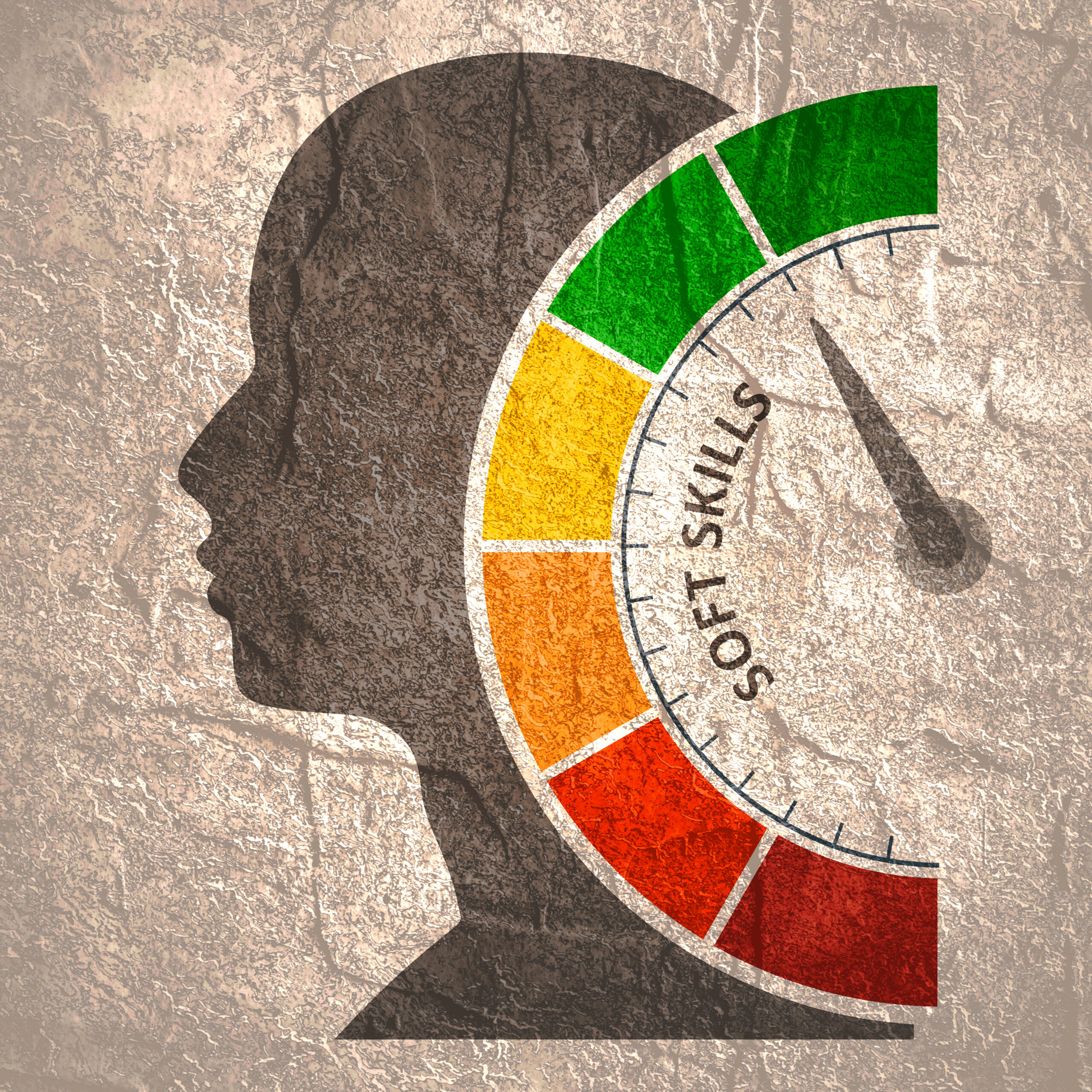Neville Pritchard discusses what matters most around communication in a business or organisation.
An interesting question. It revives the debate around what matters to those with whom L&D professionals interact. Additionally, whether a competency is a component of a role, an underpinning skill set and/or an enabler of the capability to perform well.
As an underpinning skill set to a range of competencies and capabilities then communication is pretty vital. The ability to ensure simplicity in language and to generate impact from any communication is also a key consideration.
We see a diverse set of competencies being needed by L&D professionals, whether as individual contributors, consultants, managers or leaders, all need to communicate well in order to contribute their full value to an organisation; whether employed or with a client. The model we developed following extensive research into roles provides three key requirements, each underpinned by applied roles and competencies.
Start with the business: the starting point is the business or organisation. It determines the norms with which to communicate within and with; language, culture, intent, purpose, context and positioning.
Operational excellence: be what you need to be for your organisation and be just that. The supply options in terms of learning and development opportunity, extent of innovation, range of media and approach all fit for purpose to meet the demands of the organisation, teams, functions and individuals.
Culture is interesting; it can impact in obvious ways in terms of the value perception of learning. It can also drive acceptable methodology. It may not always be helpful to transferring learning to performance. It may also drive people to appear to buy-in if measures are driving a new expectation e.g. when people are expected to learn as opposed to when they want to learn.
The desire to want people excited to learn is laudable yet we must also be conscious of a potential for people to feel they ‘have to be excited to learn.’ It is, though, a responsibility of those within L&D to manage as thoroughly and to work as efficiently as any other function and to be operationally excellent enabling people to be efficient in accessing learning.
Functional and applied mastery: In a recent talk Elliott Masie referred to the need for learning to be challenging, to build in failure for sustaining success in lab style environments; whether virtual or physical. The way in which learning and development is produced and delivered has to meet individual, team, functional and organisation needs and demands. Management need to be educated beyond the solutioneering that leads to ‘training’ only support and reliance. Impact is key.
So, what are those roles and what lies beneath in terms of competencies, knowledge and skill sets?
The roles relate to understanding, developing, producing, supplying and applying learning opportunity that can enhance, impact and potentially help to transform performance, advance careers and enhance the working experience.
At any time L&D professionals will need to be:
- Drivers of and catalysts for change;
- Diplomats;
- Networkers;
- Supporters (coaches, facilitators, thought provokers);
- Project masters (able to lead and work within);
- Creators and innovators;
- Environment builders;
- Service suppliers;
- People focused business technicians able to develop relevant challenges;
- Callers of poor behavioural impact or conflict;
- Global citizens;
- Business leaders
These all have the underpinning needs of:
- Situational Awareness
- Communication Impact
- People Difference Consciousness
- Market Awareness
Moving People Support & Development from Valued to Valuable – New Roles and underpinning needs for those within Learning & Development ©HR in Flow 2016
Where we use the term ‘creators and innovators’ Masie prefers the term Learning Producer to Instructional Designer and in this we agree: the formal and over-complex elements of instructional design is dated.
Form this quick overview of the complexity of contribution we can see the significance of communication as a competency, skill set and the ability to communicate with all levels, internally, externally and to enhance impact is a real and absolute critical need.
Why communication is needed, who with, when, where and how to communicate with each situational need are all essential considerations. In fact, the ability to order these questions is in itself a vital skill-set.
As an example, we see a great deal of management thinking that misunderstands the need to do things quickly as a simple what to how mindset. Thoroughness up front may often ensure things actually happen quicker despite a feeling of delay. The drive to get to how can inevitably extend projects and slows things through re-working the missing considerations at later dates when things are not to plan A. The role of ‘Diplomat’ is then to the fore.
There are many examples of the need for exemplary communication to ensure the full value of the L&D professional is achieved.
About the author
Neville Pritchard is the CEO of HR in Flow Ltd and can be contacted through the website www.hrinflow.com
Webinar with Neville Pritchard
Join Neville Pritchard, Issy Nancarrow and Con Sotidis on the TJ discussion webinar exploring this topic with you on Thursday September 15th at 10.00am UK time.



